#Rubiaceae
Explore tagged Tumblr posts
Text
Grand Rising

Flaming Beauty (Paracarphalea kirondron) hybrid beginning to flower in the Gardens by the Bay. Photo credit: Eleanor Chua.
#photographers on tumblr#canon eos rp#canon photography#Flaming Beauty#flora fauna#flora photography#flower pics#Paracarphalea kirondron#Rubiaceae#tamron 16-300mm
26 notes
·
View notes
Text

Apis mellifera on Arachnothryx leucophylla / Western Honey Bee on Panama Rose at the Peace River Botanical & Sculpture Gardens in Punta Gorda, FL
#Apis mellifera#Apis#Apidae#Arachnothryx leucophylla#Arachnothryx#Rubiaceae#Western Honey Bee#Honey Bee#Panama Rose#Bees#Insects#Pollinators#Plants#Flowers#Nature photography#Photography#photographers on tumblr#Peace River Botanical & Sculpture Gardens#Peace River#Punta Gorda#Punta Gorda FL#Florida#🌺🌻
7 notes
·
View notes
Text

sweet-scented gallium.
#plants#foliage#nature#gallium odoratum#sweet woodruff#edible plants#rubiaceae#groundcover#my photos
19 notes
·
View notes
Text
#2411 - Coprosma robusta - Karamu


Bonus Tetragnatha spider I only just noticed.
Originally described as Pelaphia lata.
Endemic to New Zealand coastal and lowland areas, but an increasingly serious weed in Victoria and Tasmania. The fruit is spread by birds and the plant grows readily from seed in infertile soils, and in poorly drained and exposed lands. It can also grow in a large range of altitude varying from sea level to 1,200 meters, under full sun to shady, windy and frostprone habitats.
Introduced mammals such as goats (Capra hircus) and deer (Cervus elaphus) have a severe impact on karamū, and hares (Lepus timidus) and rabbits (Oryctolagus cuniculus) eat the seedlings.
The berries are edible and leaves can be brewed into a medicinal tea. The leaves are believed by Maori to have the ability to deal with kidney troubles and the bark to treat stomachache and vomiting. Karamū is rich in dyes including alizarin and purpurin. Sometimes leaves of the plant were put on stones to dye the food and preserve them after a hangi.
Lake Mangamahoe, Taranaki Ringplain, New Zealand
#lake mangamahoe#taranaki ringplain#coprosma#karamu#rubiaceae#new zealand plant#tetragnatha#tetragnathidae
9 notes
·
View notes
Text

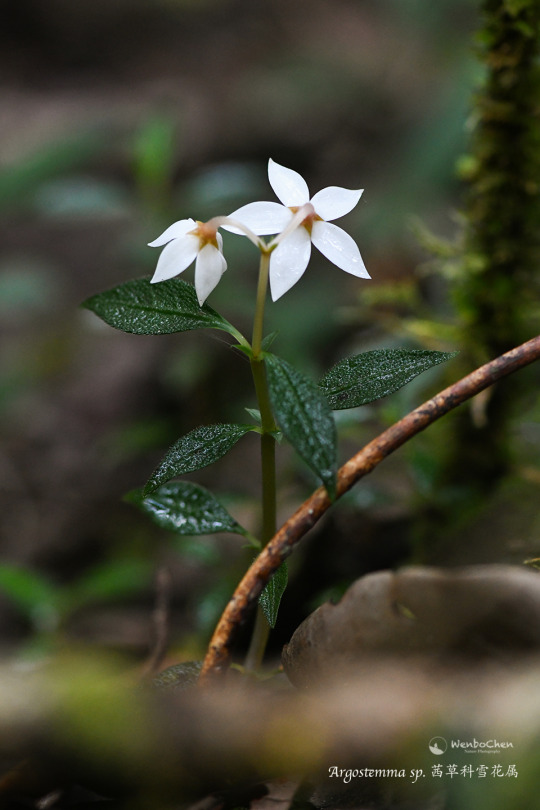
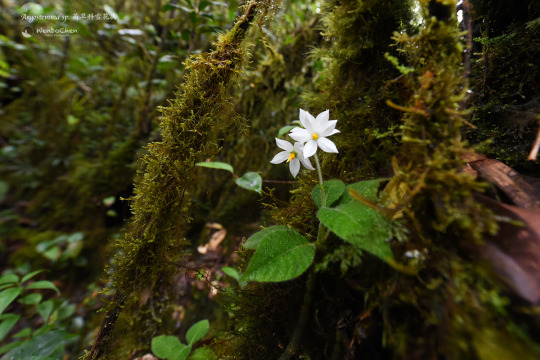

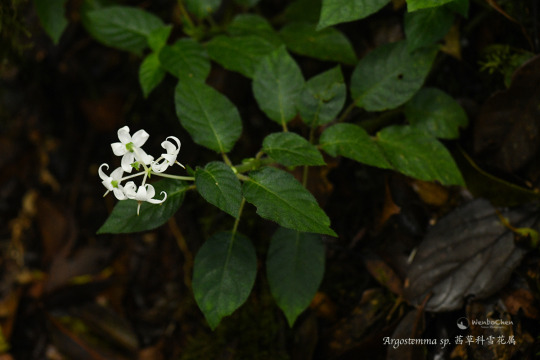
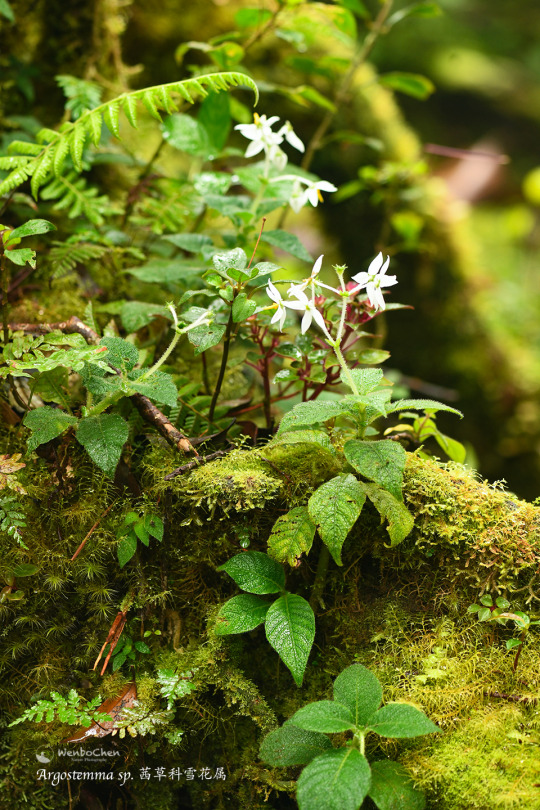

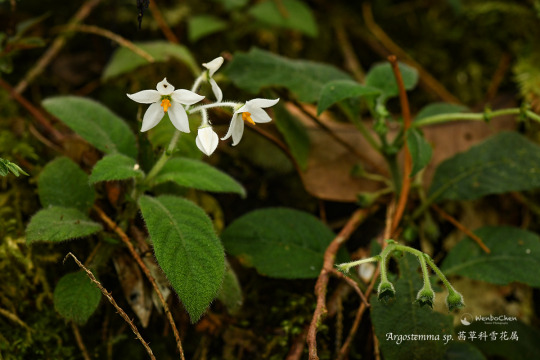
Argostemma spp. are very eye-catching small plants in Sumatra's high-altitude montane cloud forests. They are either epiphytic or terrestrial and obviously love the conditions of being heavily shaded with permanent high humidity and cool temperatures.
7 notes
·
View notes
Text

C - Cynanchica pyrenaica (L.) P.Caputo & Del Guacchio (= Asperula cynanchica L.) - Stellina comune (Rubiaceae)
30 notes
·
View notes
Text
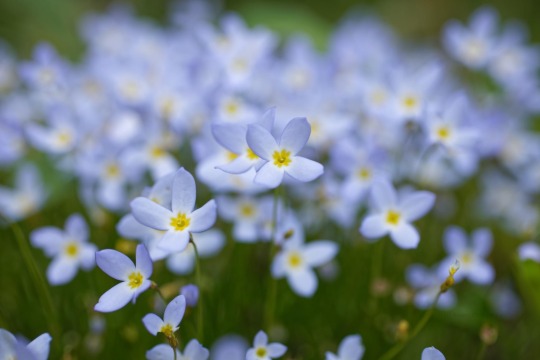
Some bluet from a hike yesterday in search of wildflowers.
#nature#canon#outdoors#new york#upstateny#nys#ny#wildflowers#wildflower#macro#photography#plant photography#flx#finger lakes#canonr5#bluet#houstonia#rubiaceae#spring#may#blue#flowers#nywildflowers
8 notes
·
View notes
Text
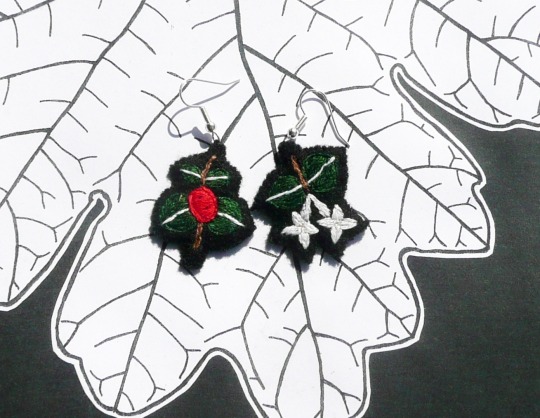
Partridgeberry earrings custom commission, 2023
3 notes
·
View notes
Text
The native gardenia (Larsenaikia ochreata) - a delight of the Australian tropical savanna
🌼 The Native Gardenia: A Star of the Australian Savanna 🌞 Meet Larsenaikia ochreata, the member of the Rubiaceae family that thrives under the sweltering sun! Discover its beauty, fragrance, and charm in my latest post, complete with a haiku tribute
There is no doubt that the “Rubes” (a term some botanists might use for members of the Rubiaceae) favor the rainforest. But even when they get out of the shade of the rainforest into the tropical savannas of North Queensland they manage to “steal the show” with their showiness and fragrance. The not-so-imaginatively-named Native Gardenia (Larsenaikia ochreata) stands proud and unapologetic in…

View On WordPress
1 note
·
View note
Text

#IFTTT#Flickr#blueberries#psychotropia#hotlips#red#blue#dry#leaves#fairchildtropicalbotanicgarden#fairchildgarden#susanfordcollins#hotlipsberry#rubiaceae#labios#labiosdepputa#labiosdeputa#psychotria#psychotriapoeppigiana
0 notes
Text
Xinhua - New plant species discovered in SW China:
LeptomischusBracteosus #Leptomischus #Rubiaceae #YunnanProvince #Botany #PlantBiology #Biology
0 notes
Text
The Enigmatic Excelsa
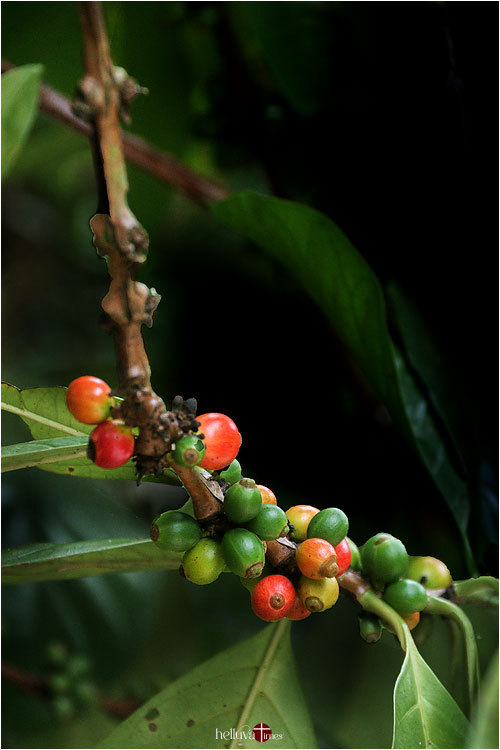
Coffea excelsa (Coffea liberica var. dewevrei) bearing fruits in the botanic gardens. Photo credit: Jonathan Chua.
“Excelsa coffee, a name that evokes whispers of exoticism and whispers of rarity, is a bean shrouded in its own unique allure. While Arabica and Robusta take center stage in the global coffee scene, Excelsa occupies a niche corner, tantalizing adventurous palates with its distinctive character and elusive nature.” – excelsacoffee.org
#photographers on tumblr#Coffea excelsa#Coffea liberica var. dewevrei#flora fauna#flora photography#lumix photography#panasonic lumix dc-s1#Rubiaceae#sigma 18-300mm
10 notes
·
View notes
Text

Spermacoce verticillata / Shrubby False Buttonweed at the Charlotte Harbor Preserve State Park in Punta Gorda, FL
#Spermacoce verticillata#Spermacoce#rubiaceae#Shrubby False Buttonweed#False Buttonweed#Plants#Flowers#Nature photography#Photography#photographers on tumblr#Charlotte Harbor Preserve State Park#Charlotte Harbor Preserve#Charlotte Harbor#Punta Gorda#Punta Gorda FL#Florida#🌺🌻#Borreria verticillata#Borreria
6 notes
·
View notes
Text
#2686 - Galium aparine - Cleavers

AKA clivers, catchweed, robin-run-the-hedge, sweetheart, hitchhikers, bedstraw, small goosegrass, sticky willy, stickyweed, sticky bob, stickybud, stickyback, sticky molly, sticky willow, stickyjack, stickeljack, sticky grass, grip grass, bobby buttons, whippysticks, and velcro plant. As you might guess the fruit are spread when they attach to a passing animals fur.
Galium was Ancient Greek physician and botanist Dioscorides’ name for the plant, derived from the Greek for ‘milk’, because the flowers of Galium verum were used in cheese making. Aparine was used by Ancient Greek naturalist Theophrastus, and means means 'clinging'.
Native to much of Eurasia and North Africa, and a noxious weed everywhere else. Naturalised in NZ since at least 1870.
In the same family as coffee, and the fruit has been used as a substitute. The leaves are also edible, but the hooked hairs make the raw leaves unpalatable. It was also used as mattress stuffing, and the roots for a permanent red dye.
Queenstown, Aotearoa New Zealand
5 notes
·
View notes
Text

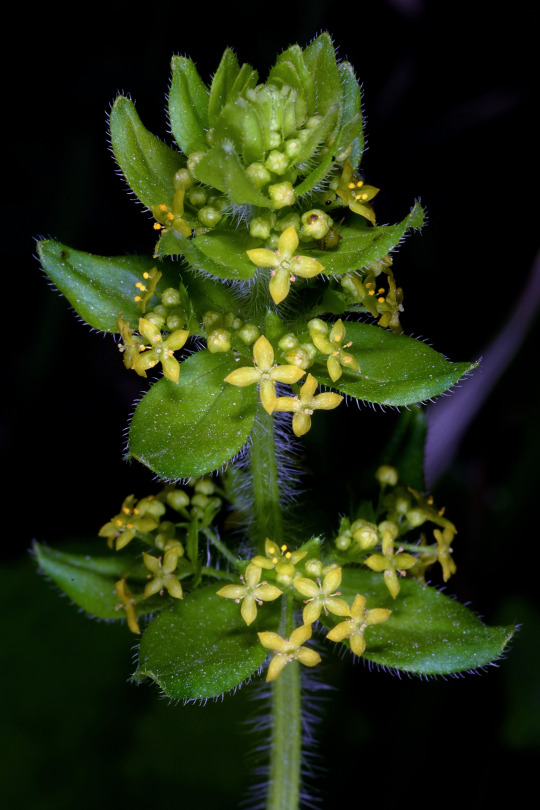
Crocettona comune (Cruciata laevipes Opiz, Rubiaceae)
26 notes
·
View notes